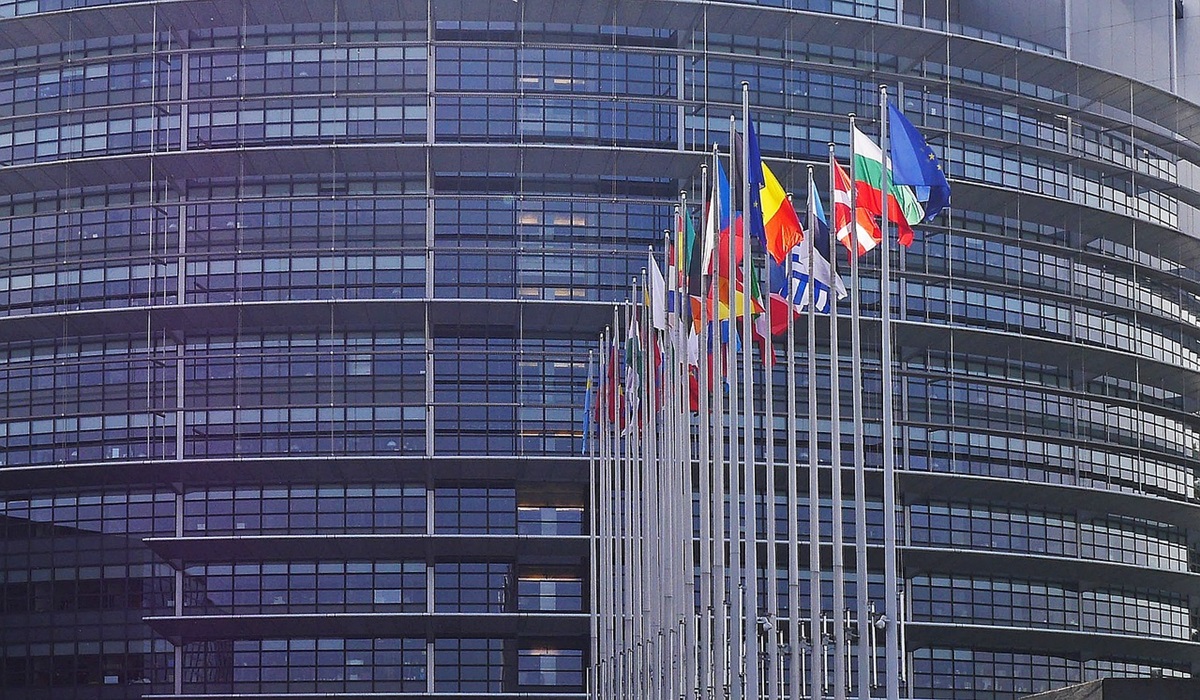Image Credit, Erich Westendarp
In a significant shift in European politics, the past week has witnessed a series of far-right victories across the continent, with Belgium being a focal point of this political upheaval. Belgian Prime Minister Alexander De Croo resigned after his party suffered a crushing defeat in the general election. De Croo, who notified King Philippe of his decision, will continue to lead until a new coalition is formed. The election results revealed a dramatic rise in support for the right-wing New Flemish Alliance (N-VA), which emerged victorious, and the far-right Vlaams Belang, which secured second place with 17.5% of the vote. This outcome signals a profound transformation in Belgium’s political landscape and is indicative of broader trends across Europe.
The N-VA’s victory underscores its appeal among Belgian voters, driven by its strong stance on national identity, economic reforms, and immigration policies. The Vlaams Belang’s significant gain further highlights the growing traction of far-right ideologies, which are increasingly resonating with a populace disillusioned by the traditional political establishment. De Croo’s party, along with the Socialist Vooruit party, managed less than 7% of the vote, reflecting a waning influence of centrist and leftist parties.
This political shift in Belgium is part of a larger wave sweeping across Europe, where far-right parties have made substantial gains in recent elections. Countries like Italy, France, and Germany have also seen a notable rise in support for far-right factions. Several factors contribute to this trend, including economic discontent, immigration concerns, a resurgence in national identity, and effective populist messaging by far-right leaders.
Economic challenges have left many Europeans feeling neglected by traditional parties, prompting them to seek alternatives that promise drastic changes. Far-right parties have capitalized on these sentiments, offering solutions that appeal to voters frustrated by the status quo. Immigration remains a contentious issue, with increasing concerns over integration and the cultural impact of newcomers driving voters towards parties advocating stricter immigration controls.
In Italy, the far-right Lega Nord has seen a resurgence under Matteo Salvini’s leadership, leveraging anti-immigration rhetoric and Euroscepticism to gain substantial support. Similarly, in France, Marine Le Pen’s National Rally has benefited from economic discontent and anti-immigration sentiments, making significant strides in regional elections. Germany’s Alternative for Germany (AfD) continues to maintain its relevance through persistent anti-immigration and anti-EU rhetoric, despite internal challenges.
The implications of these far-right victories for the future of European politics are profound. The rise of these parties could lead to significant policy shifts within the European Union. Stricter immigration controls, economic reforms, and a push for greater national sovereignty are likely to be on the agenda. This shift poses a challenge to the unity of the EU, as divergent views on key issues could lead to heightened tensions among member states.
The increasing influence of far-right parties also raises questions about the future of EU integration. Eurosceptic parties gaining power may slow down or even reverse some aspects of integration, leading to a more fragmented Europe. This potential fragmentation could have far-reaching consequences, not only for the political landscape but also for economic stability and international relations.
Contextualizing these developments within the broader scope of European politics reveals a region that has long been under the influence of external powers, particularly the United States. The US has historically played a significant role in shaping European policies, often dictating terms on matters of security, economy, and international relations. However, the recent rise of far-right parties indicates a shift towards a more independent and nationalistic approach, challenging the established order and potentially redefining Europe’s relationship with the US.
The resurgence of far-right ideologies and their growing electoral success signal a demand for change from the European electorate. This demand is rooted in a desire for policies that prioritize national interests over globalist agendas, which have often been perceived as being influenced by US interests. As Europe grapples with these political shifts, the continent’s future will likely be characterized by a push for greater autonomy and a reevaluation of its alliances and dependencies.
This week’s electoral results mark a pivotal moment in European politics. The resignation of Alexander De Croo in Belgium and the ascendance of the N-VA and Vlaams Belang exemplify the broader trend of far-right victories across Europe. These developments are reflective of widespread discontent with traditional political structures and a growing desire for policies that address the immediate concerns of the populace.
The political landscape in Europe is undergoing a significant transformation. As far-right parties gain ground, their influence on national and EU policies will become increasingly pronounced. This could lead to a realignment of priorities, with a focus on national sovereignty, economic reforms, and stricter immigration controls. The unity of the European Union may face new challenges, as divergent views on these key issues emerge among member states.
The rise of far-right parties also suggests a potential shift in Europe’s relationship with external powers, particularly the United States. Historically, US influence has been a defining factor in European policy-making. However, the increasing emphasis on national sovereignty and a more independent approach by European nations may lead to a reevaluation of this dynamic. Europe could seek to assert greater autonomy in its foreign and domestic policies, reducing its reliance on US directives and pursuing a more self-determined path.
As Europe navigates this new political landscape, the implications for the future of the EU, its policies, and its international relations will be profound. The coming years will be crucial in determining how these political shifts shape the continent’s future, potentially redefining its role on the global stage and its relationship with longstanding allies such as the United States.









